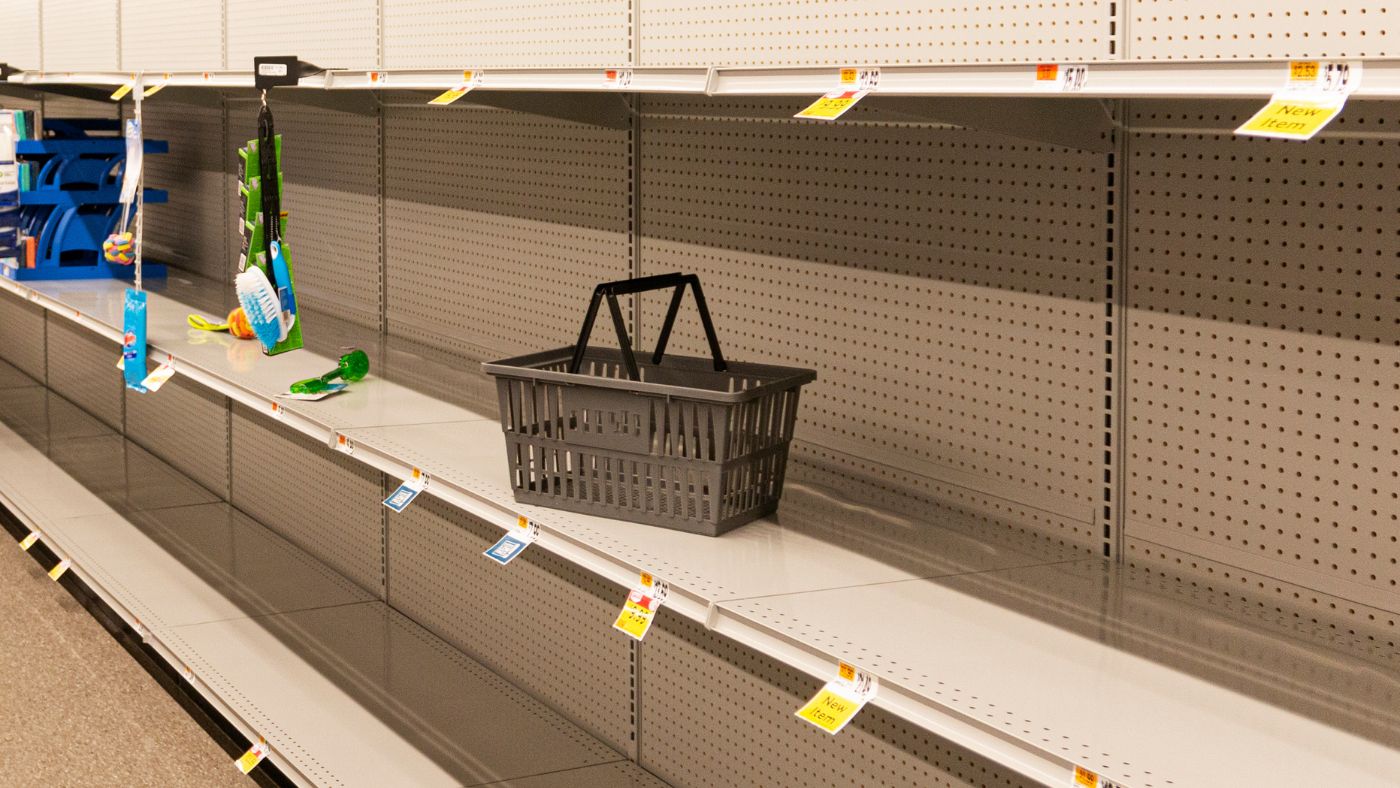
Food scarcity - Don't get caught short
Food shortages can be caused by a variety of factors such as natural disasters, political instability, or economic instability. Preparing for a potential food shortage can help ensure that you and your family have enough to eat during difficult times. Here are some tips for preparing against food shortages:
- Stockpile non-perishable food items: It’s important to have a supply of non-perishable food items on hand in case of a food shortage. Canned goods, dried fruits and nuts, and grains are all good options.
- Store food properly: Make sure to store your food properly to avoid spoilage. Keep food in a cool, dry place away from direct sunlight.
- Grow your own food: Growing your own food is a great way to ensure that you have a supply of fresh produce during a food shortage. Consider planting a garden or growing herbs in pots.
- Learn to preserve food: Knowing how to preserve food can help extend its shelf life. Consider learning how to can, dehydrate, or freeze food.
- Buy in bulk: Buying food in bulk can help save money and ensure that you have a supply of food on hand. Consider buying bulk items like rice, beans, and flour.
- Join a community garden: Joining a community garden can provide access to fresh produce and allow you to learn from other gardeners.
- Consider alternative sources of protein: Meat can be expensive and difficult to store long-term. Consider alternative sources of protein such as beans, lentils, and quinoa.
- Learn to cook from scratch: Learning to cook from scratch can help you stretch your food supply and reduce waste. It’s also a great way to save money on pre-packaged food items.
- Have a plan for emergencies: In case of an emergency, it’s important to have a plan in place. Make sure to have a supply of food, water, and other essentials on hand.
- Stay informed: Keep an eye on current events and trends that could affect the food supply. Staying informed can help you prepare for potential food shortages.
Preparing for a food shortage can help ensure that you and your family have enough to eat during difficult times. By stockpiling non-perishable food items, growing your own food, learning to preserve food, and staying informed, you can be better prepared for a potential food shortage.

Leave a comment